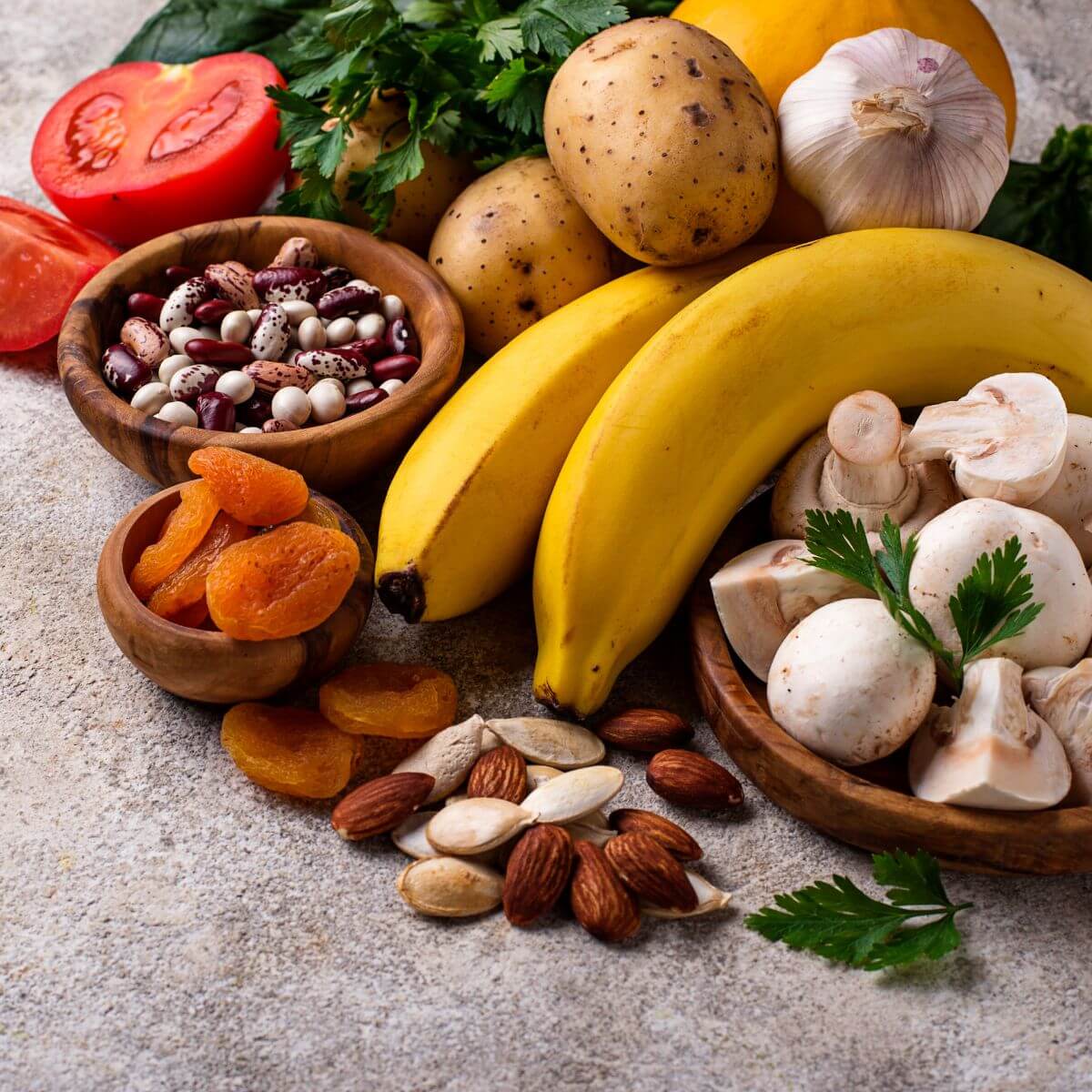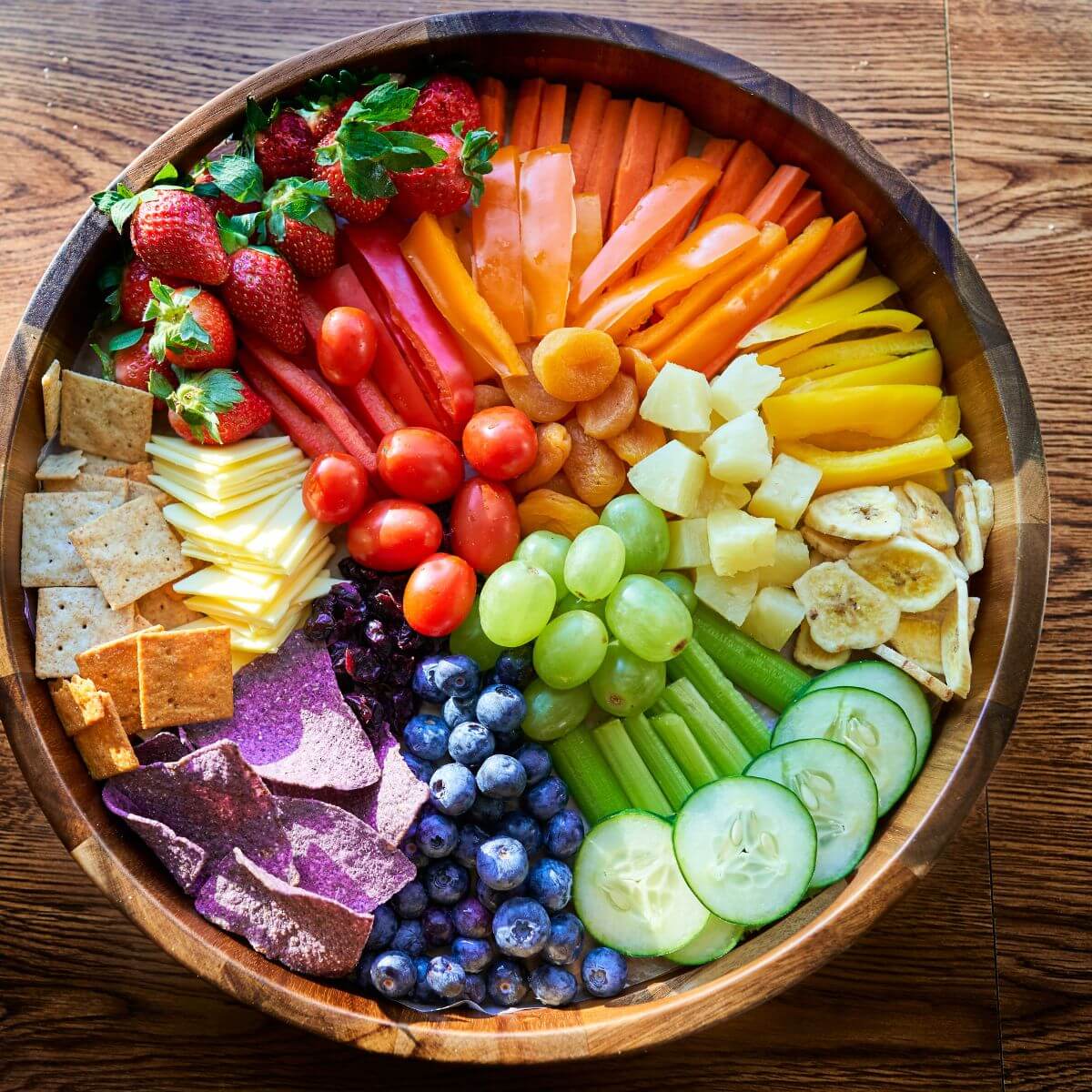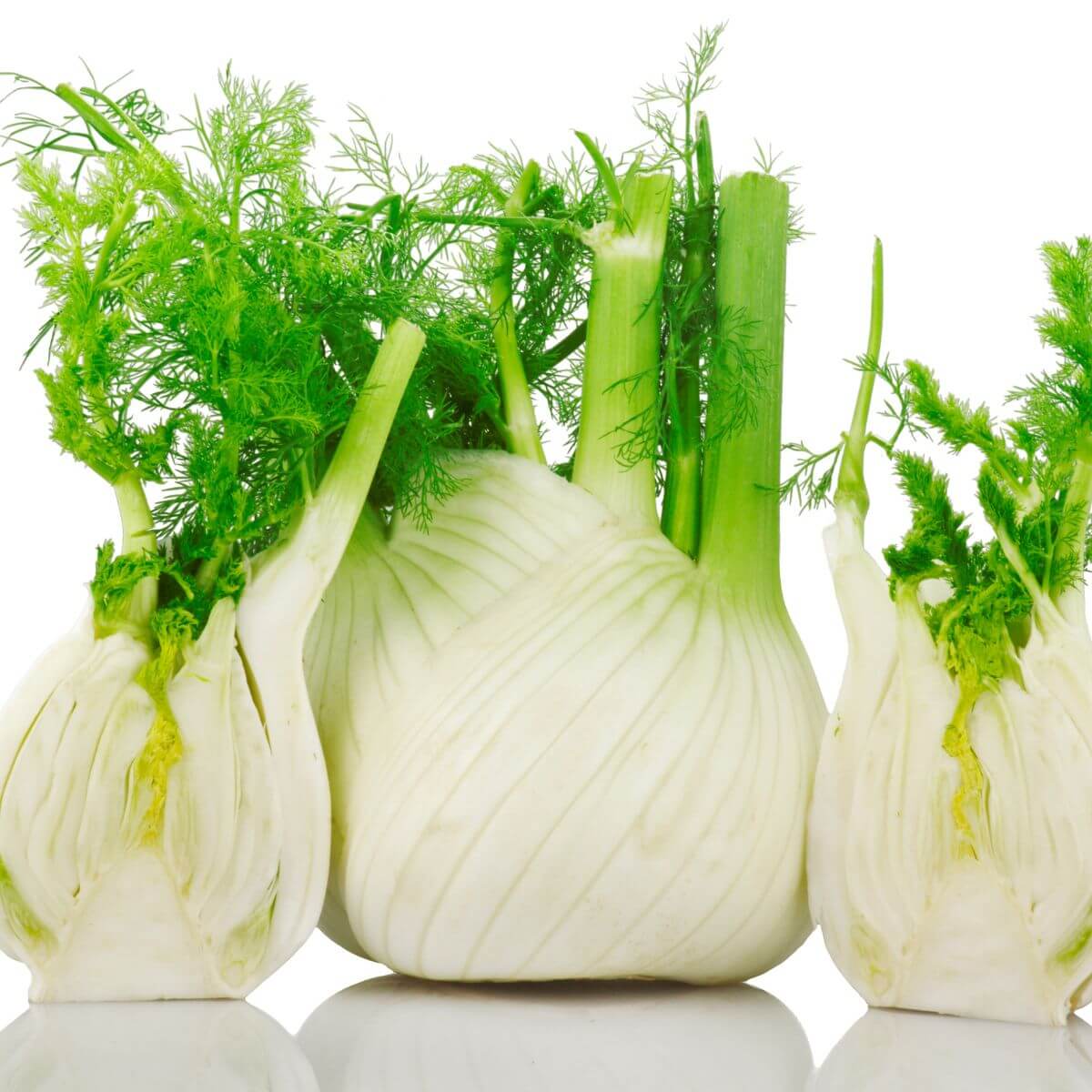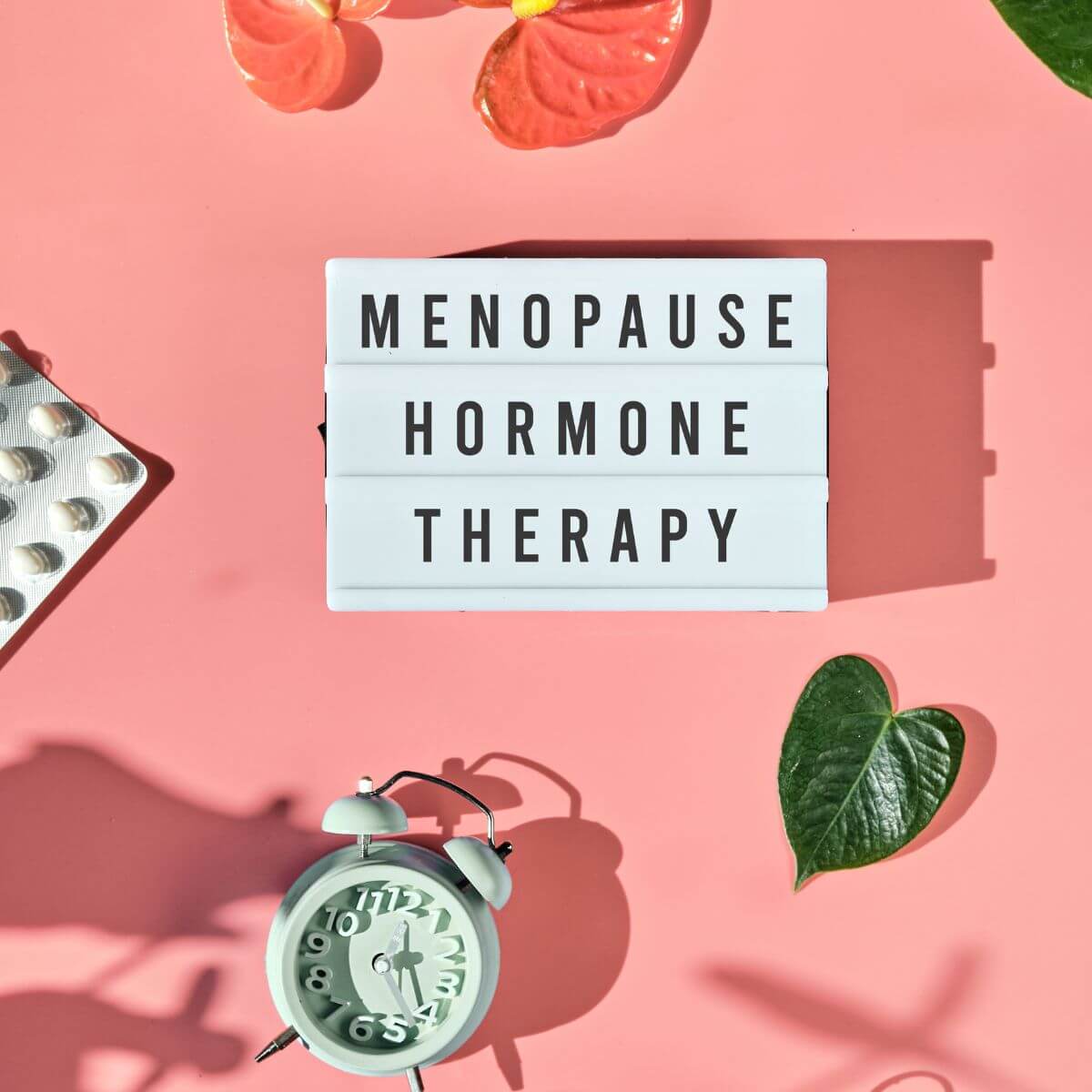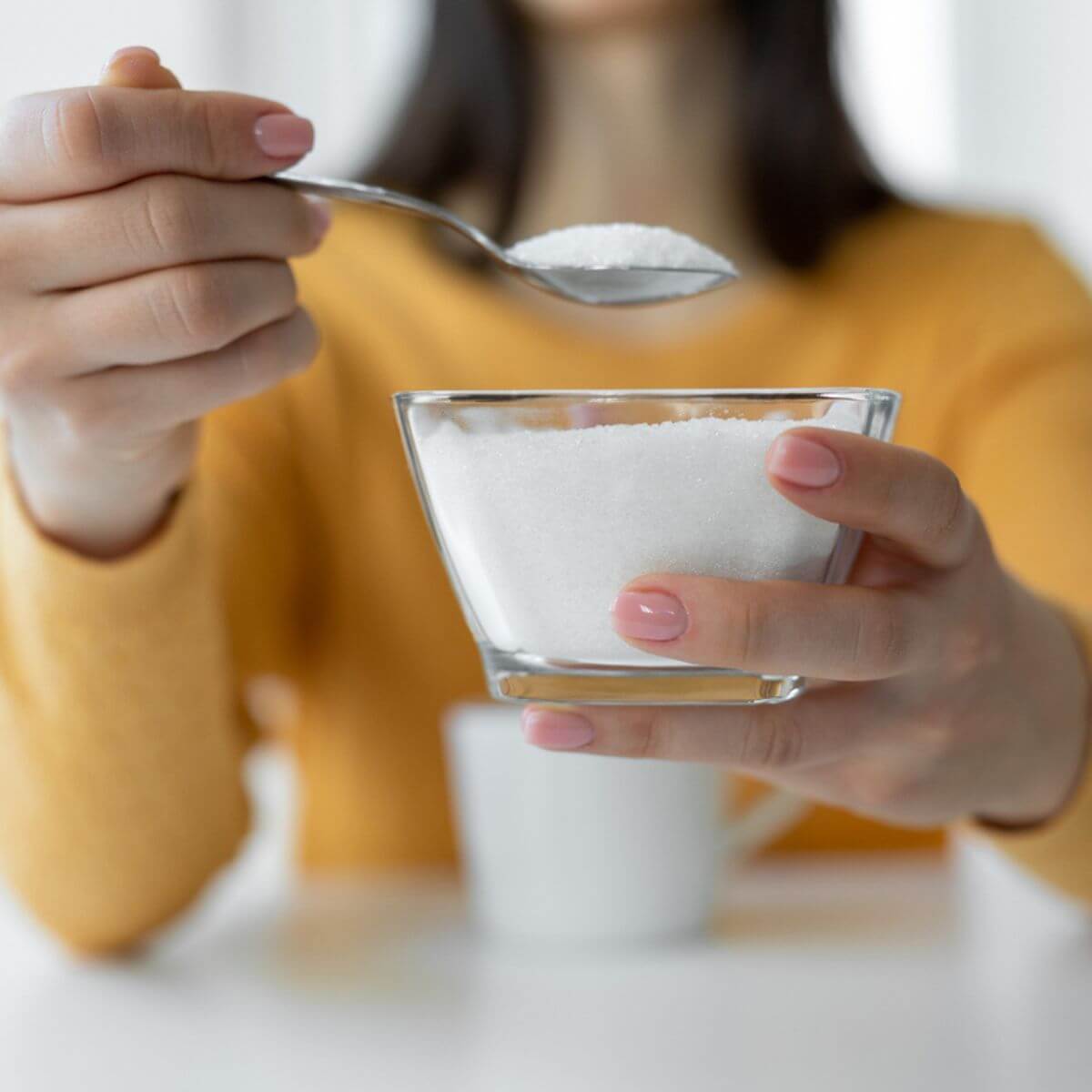There are some minerals that the body needs for optimal health, like calcium, iron, and zinc. But why are minerals important to humans? There are important minerals for the body to stay healthy, strong, and youthful. How do these important minerals help regulate body functions? So what minerals are needed for the body to stay healthy, strong, and youthful?

For many of us, our health goals are not solely based on fitness or longevity. But in a combination of both.
Therefore, we need to look at the health benefits of vitamins and minerals holistically. It’s important to understand how minerals help the body.
They’re not just ways to improve our quality of life now. But also to improve our quality of life in the long term and expand our lives, so that we can enjoy that quality of life for many more years.
Minerals Help Longevity
Longevity is a combination of two factors.
One is our genetic longevity, which is our unbridled potential. Look for your oldest ancestor or living relative. That is around the age you could live to. Maybe even longer. If they have not yet reached their maximum.
This means most of us have the basic potential to live until our eighties or nineties. As most of us have a relative who reached that age.
Minerals Unlock the Key to Health
But the other longevity factor is our health. To put it bluntly, your longevity means nothing if you step out into the middle of a busy highway, because you are actively interfering with it.
Likewise, when your health is not under control, you are interfering with your longevity by not allowing your cells to reach their full potential.
We need to unlock that maximum potential by looking after ourselves.

Minerals Our Body Needs
So, what are minerals?
Minerals are an important key to achieving our maximum potential health longevity.
When the right minerals are in our bodies in the right amounts, our cells can work to the best of their ability, our telomeres stay long, and our genes can express themselves in the best way possible.
On the other hand, when we are deficient in key minerals for longevity, the genes responsible for keeping our cells healthy and making us live longer will not be active.
Thus, we will not enjoy our maximum potential.
Two Types of Minerals
There are actually two types of minerals: macro minerals and trace minerals.
What are some minerals your body needs every day to stay healthy and strong?
MACRO MINERALS
Macro means large. Our bodies need larger amounts of macronutrients to function properly.
Macro minerals include: calcium, magnesium, phosphorus, sodium, potassium, chloride, and sulfur.
TRACE MINERALS
Trace minerals are needed in smaller amounts.
The trace minerals in the body include iron, copper, zinc, manganese, iodine, cobalt, fluoride, and selenium.
Mineral Rich Soil & Food Preparation
Growing your foods in mineral rich soil is a terrific way to ensure your fruits and vegetables are naturally enriched with adequate vitamins and minerals.
In addition, food preparation is important when it comes to lost vitamins and minerals.
Most vegetables are best eaten raw, as the vitamin mineral content is more readily available this way.
How Many Minerals Does the Body Need?
The body needs about 1,000 to 2,000 minerals.
But the body is always in need. It does not recognize when it has enough, or when it needs more. The body will store minerals when they are abundant.
However, it will not store them for future use.
Body stores and reserves of minerals are depleted by: stress, poor diet, environmental toxins, inadequate sleep, insufficient exercise, and certain diseases, including cancer.
How Can You Get the Minerals You Need?
Many of these minerals are absorbed by the food we eat.
The minerals needed for the body to function properly for health include calcium, copper, iron, magnesium, sodium, phosphorus, and zinc.
The best food sources of minerals for adequate health are nuts, seeds, legumes, vegetables, fruit, and grains.
Food Sources of Minerals
We need to supply our body with the proper minerals, and one of the best ways to do this is by adding in natural foods sources rich in these minerals.
Here is a list of important minerals that our body needs for optimal health, and some examples of foods that include those key minerals.
6 Key Minerals Our Body Needs For Health
There are some key minerals that our bodies need for optimal health. By including foods with these key minerals, you can help support better nutrition for the proper health of the body.
IRON
Iron is an essential mineral needed for the body to promote longevity due to its relationship with vitamin C.
Many people assume that the antioxidant powers of vitamin C are all down to the vitamin itself.
Even many informed people assume that vitamin C is responsible for iron processing, but that the reverse relationship is impossible. But both are wrong.
The relationship between the mineral iron and vitamin C goes both ways.
Iron helps the antioxidant powers of vitamin C take effect, helping us reverse the damage done by free radicals, and encouraging our cells to become and remain youthful. The younger our cells, the longer we will live.

Which Foods are Rich in Iron?
The mineral iron can be found in foods like shellfish, including oysters and mussels, spinach, quinoa, red meat, pumpkin seeds, turkey, broccoli, tofu, legumes like chickpeas and lentils.
CALCIUM
Calcium is another mineral needed for the body that promotes the activation of an antioxidant vitamin. Here, the presence of vitamin D encourages the body to use calcium to the best of its ability.
Calcium also promotes the antioxidant benefits of vitamin D.
Furthermore, as vitamin D is produced inside the body, the calcium mineral intake can help promote the creation of even more vitamin D, giving us a healthy dose of this brilliant hormonal vitamin.

Which Foods are Rich in Calcium?
Foods rich in the mineral calcium include seeds, amaranth, figs, tofu, broccoli, almonds, lentils, bok choy, kale, sardines, calcium fortified foods, and dairy products.
ZINC
Zinc is another mineral essential to keeping our cells working to the best of their ability and promoting longevity. Literally, every organ in our bodies works better when we consume enough zinc.
Most importantly, our livers and kidneys work far better. This is important because a healthy liver cleans your body of toxins, and healthy kidneys will flush these toxins out.
When toxins are allowed to build up in the body, they degrade us from the inside out, promoting an acidic diet and shortening our lives.
On the other hand, when we flush out enough toxins, we allow our bodies to heal, and move towards better health and longevity.
In addition, zinc has been shown to have a positive effect on strengthening the gut lining. Thus, limiting your susceptibility to leaky gut syndrome.
Which Foods are Rich in Zinc?
Foods rich in zinc are shellfish, cashews, hemp seeds, pumpkin seeds, chickpeas, lentils, eggs, mushrooms, red meat, and dark chocolate.
MAGNESIUM
Magnesium is an essential element that has many important functions in the body. It plays a role in energy production, hormone regulation, and bone formation.
Magnesium also helps produce adenosine triphosphate (ATP), which is the body’s energy source.
It is important to consume magnesium to stay healthy. It is important to consume magnesium, as it is an essential nutrient for the body’s health.
Magnesium helps peristalsis by allowing your muscles in your intestines to relax. If you are low in magnesium levels, it can lead to constipation.

What Foods are Rich in Magnesium?
The macro mineral magnesium can be found in foods including avocados, lentils, chickpeas, soybeans, pumpkin seeds, sesame seeds, flax seeds, whole grains like wheat, oats, buckwheat, and quinoa, bananas, collard greens, kale, spinach, and almonds.
POTASSIUM
Potassium is an important mineral for the body. It’s used in many vital functions, including muscle contraction, nerve impulses, and regulating blood pressure.
The body can store a small amount of potassium in the body, but it must get rid of excess amounts through the kidneys and sweat glands.
Potassium is also important for bone health, and it’s needed in the body to make the hormone calcitriol.

What Foods are Rich in Potassium?
Foods rich in potassium include bananas, avocados, potatoes, sweet potatoes, dried fruits, including raisins and apricots, pomegranates, lentils, cannellini, and black beans, Swiss chard, and beets.
SELENIUM
Selenium is an important trace mineral of the body.
It has many benefits for health and longevity. Selenium can help protect against chronic diseases like cancer, diabetes, heart disease, and stroke. Selenium also helps strengthen the immune system.

What Foods are Rich in Selenium?
Selenium is found in foods like Brazil nuts, cashews, sunflower seeds, lentils, red meat, turkey, seafood like yellowfin tuna, shrimp, and halibut, spinach, eggs, and brown rice.
Should You Take a Mineral Supplement?
Sometimes, an inadequate diet can lead to mineral deficiencies. If your doctor has tested you and discovered you are low on particular minerals, then you can consider supplementation.
If you are an older adult, it is important to note that supplementation has been shown to help reduce respiratory tract infections and help with dementia (1).
Mineral deficiencies can lead to poor health, illness and disease, including osteoporosis, decreased immunity, fatigue, irregular heartbeat, and slow wound healing.
The mineral supplement I currently take is Mary Ruth’s Nighttime minerals.
Too Much of a Good Thing – Mineral Toxicity?
Of course, this doesn’t mean we should just eat piles and piles of mineral supplements. Over a certain amount, minerals are toxic, which is unsuitable for longevity.
What it does mean is that we need to keep an eye out for mineral deficiencies, and either correct our diet or take a supplement if we suspect a mineral deficiency for iron and calcium, as this will help us lead long, healthy lives.
What is Your Favorite Vitamin & Mineral Rich Food?
Were you surprised at the amount of minerals needed for the body to keep your muscles, bones, brain, and heart working properly?
Let me know in the comment section below.
I would also love to hear what you think, or take a photo and tag me @Eat_Your_Nutrition on Instagram. I love seeing your photos. #EatYourNutrition #LauraVillanueva

REFERENCES
- Bennett, J., 2014. Mandell, Douglas and Bennett’s principles of infectious diseases – vol 1. Saunders.
